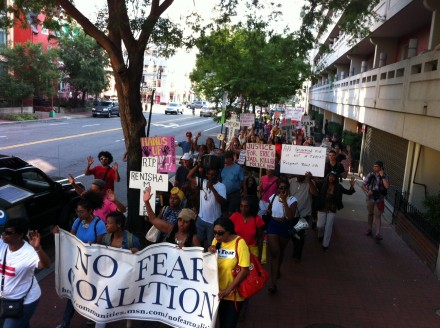
A young African-American girl sat on the winding stair case at Busboys and Poets on K Street Wednesday, peering through the railing at the crowd gathered below.

A young African-American girl sat on the winding stair case at Busboys and Poets on K Street Wednesday, peering through the railing at the crowd gathered below.
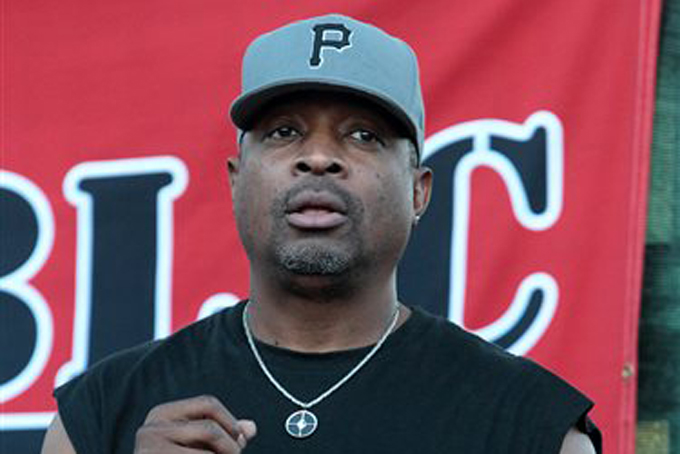
Rappers are making their voices heard in song and on the ground in Ferguson, Missouri, in the wake of Michael Brown’s shooting death, channeling hip-hop’s earlier roots when the genre worked as a voice for the oppressed and spoke out against injustice.
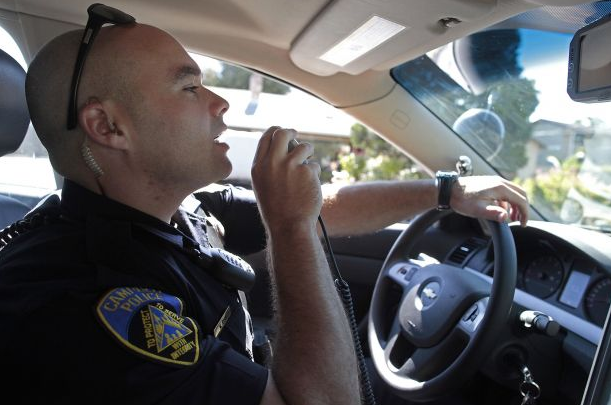
Police departments around the Bay Area and the country are equipping officers with wearable cameras in an effort to capture video evidence that could head off the kind of dispute that exploded after an officer killed an unarmed teenager in Ferguson, Mo.
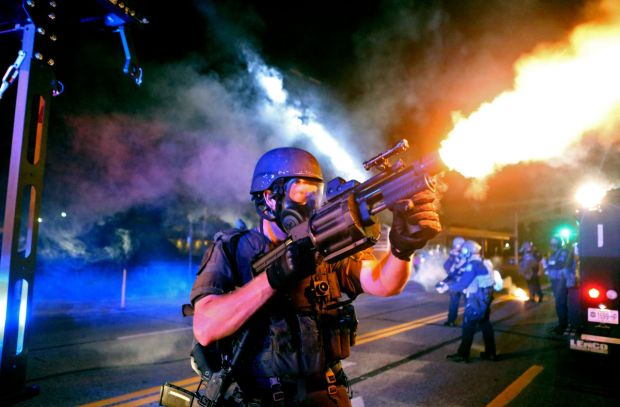
Americans are used to this nation’s military being engaged in wars across the world; wars against nations and enemies “over there.”
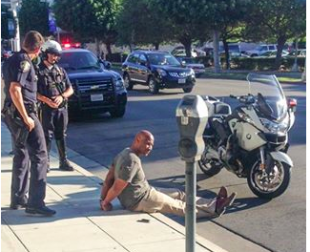
On Friday afternoon, August 22nd around 5:20 p.m., while innocently walking by myself from a restaurant on Wilshire Blvd.
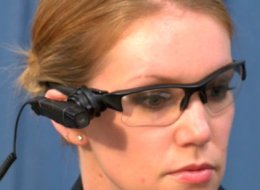
The Denver Police Department is looking to equip 800 officers with body cameras in 2015.
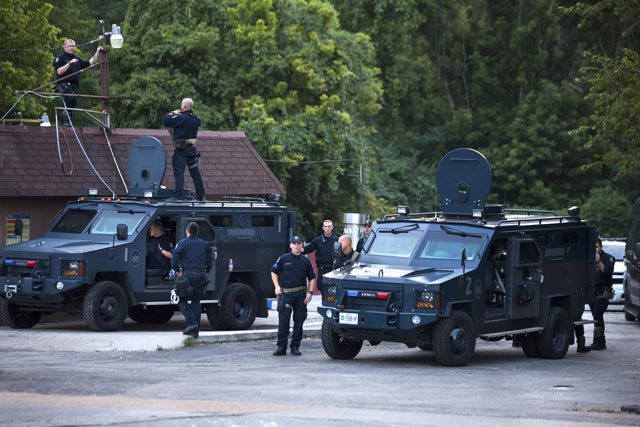
Last Tuesday, two St. Louis police officers shot and killed 25-year-old Kajieme Powell just a few miles away from the ongoing protests sparked by the police killing of another young black man, Michael Brown of Ferguson, Missouri.
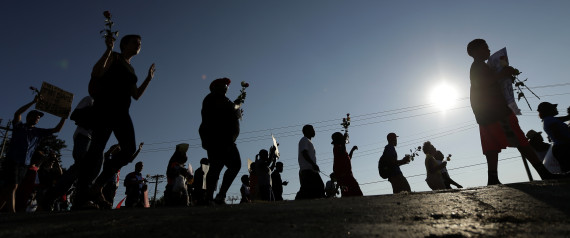
Ferguson’s fires run counter to the narrative about suburbia, the story Americans tell themselves about strip malls and rolling lawns, about McMansions and upward mobility.
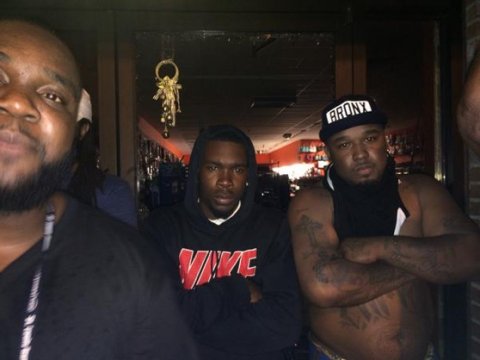
#BlackTwitter has always been that special place in the Twitterverse where African Americans have congregated to discuss issues germane to the black experience, but recent events in Ferguson, Mo., have solidified it as something more: a vital 24-hour news source.
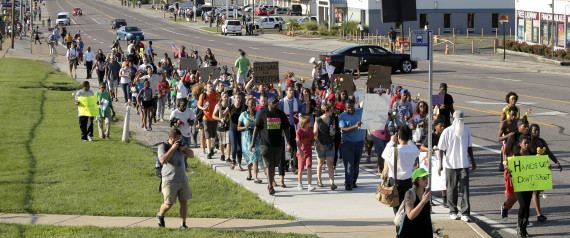
The days succeeding the tragic police shooting death of an unarmed black teenager in Ferguson, Missouri, have further affirmed or exposed several unfortunate realities present within our society today.